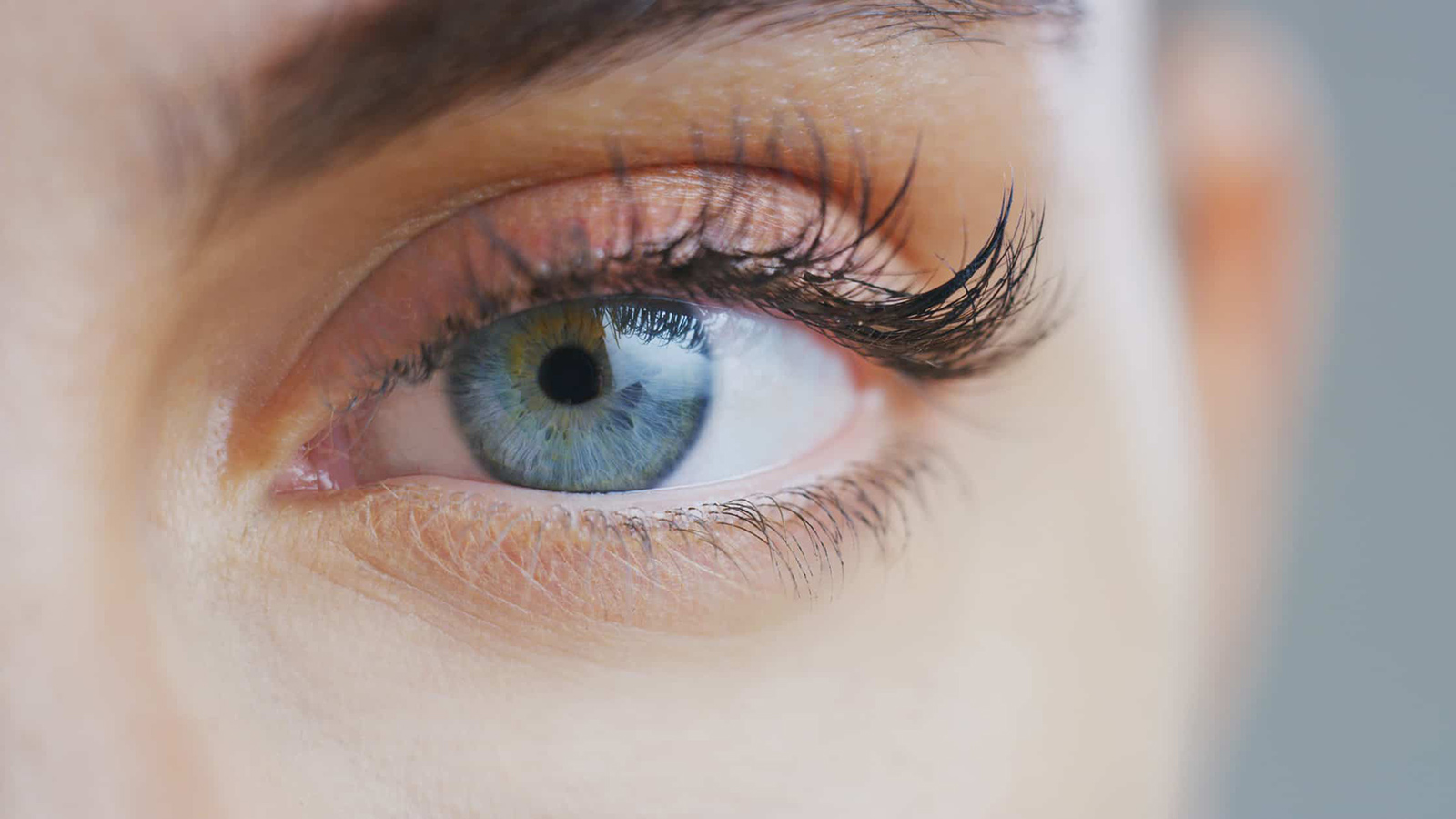What to Expect From Cataract Surgery
About 25 million Americans suffer from cataracts, and by age 60, more than half of all people in the United States will develop this common age-related eye condition. This prevalent issue gradually obscures your vision. But the good news is that while they’re not preventable, they can be treated with cataract surgery and clear vision can be restored. Understanding what cataracts are can help you take steps earlier, leading to better outcomes.
If you’re considering surgery, you might have a lot of questions. That’s why we’ve put together this guide so you’ll know what to expect from cataract removal surgery.
How to Tell if You Have Cataracts
If you’re struggling to see as you get older, schedule a cataract screening. Your eye doctor may recommend cataract eye surgery if your reduced vision interferes with your daily activities. This is the most frequently performed surgery in the U.S., with millions of successful procedures completed every year. Surgery is the only way to restore your vision once cataracts set in, so there’s no need to delay if your quality of life is suffering.
Cataracts don’t usually hurt, but they can affect your vision in many ways. Watch for these symptoms of cataracts to help you know when to get cataract surgery.
- Cloudy or blurry vision: As proteins build up on the lens of your eye, your vision may become cloudy. Only a limited area of your visual field may be affected at first, with the blurriness eventually overtaking your vision completely. As this happens, the lens of your eye may start to appear cloudy to observers.
- Worsening night vision: You may find it more difficult than usual to see after dark, a condition called night blindness (nyctalopia), which makes it dangerous to drive at night.
- Light sensitivity, glare, and halos: Even normal light levels may be too bright for you if you have cataracts. You may also experience annoying glare and halos as light reacts differently to your clouded lenses. The effects may be worse after dark, making night blindness even more disorienting.
- Double vision: The alterations to your lenses can affect how your brain processes images. The resulting double vision can have dangerous side effects, such as balance issues, falls, and hazardous driving.
- Dull-looking colors: Cataracts change the way you see color. You may notice yellow or brown tints within your visual field, and colors may look more muted and dull than they once did.
- Frequently changing eyewear prescription: It’s common to experience slight changes to your glasses and contact lens prescriptions as you age, but these changes may be more significant if you have cataracts.
How Are Cataracts Removed?
The surgery involves removing the lens of your eye and replacing it with an artificial one. While this might sound complicated and painful, it’s not. Cataract removal is actually a quick and comfortable outpatient procedure, and a skilled eye doctor can perform the surgery in just about 15 minutes. Most cataract surgeries have excellent outcomes, with patients experiencing an immediate improvement in vision.
The doctor makes a small incision along the side of the cornea. Then, using laser technology, the doctor breaks the cloudy lens into pieces and removes it from the eye. A customized, prescription intraocular lens (IOL) is inserted through the same incision through which the natural lens was removed. The incision is self-healing, so recovery after cataract removal surgery is minimal.
At Snead Eye Group, we use state-of-the-art technology. In fact, we’re one of the only practices in Southwest Florida to offer the LenSX Femtosecond Laser to enhance safety and accuracy. We offer several different IOL options, and your doctor will work with you to determine which is right for you and your lifestyle.
The Role of Annual Eye Exams
Even if your symptoms seem minor, annual eye exams are vital to protecting your vision. They allow your eye doctor to detect changes early and recommend treatment at the right time, preventing conditions from progressing further. Beyond cataracts, annual check-ups can uncover other eye-related issues like glaucoma, macular degeneration, or diabetic retinopathy, leading to early treatment and improved outcomes.





